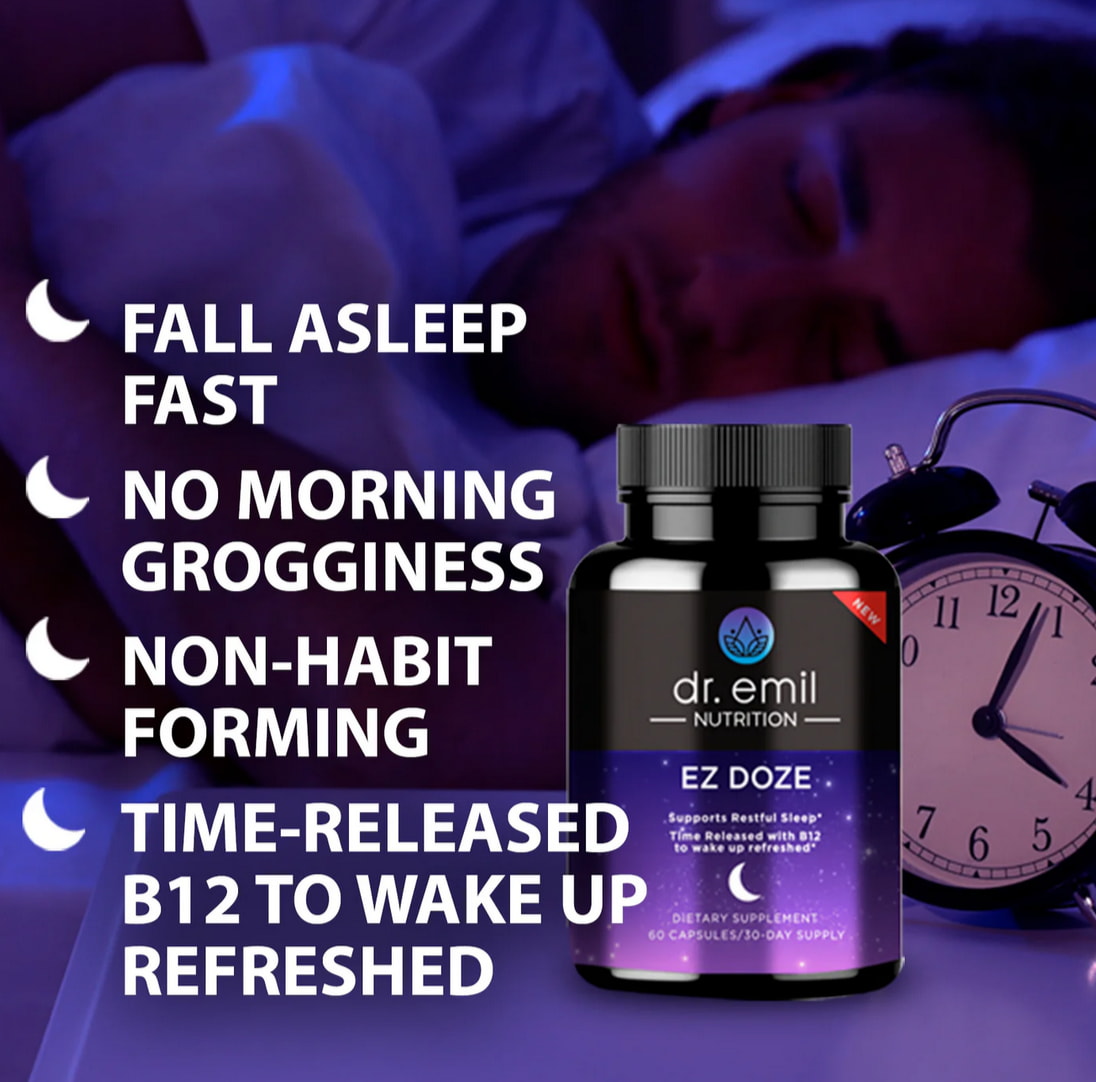As traditional pharmaceuticals sometimes present unwanted side effects or interactions, interest in botanical remedies continues to grow among both healthcare providers and patients seeking comprehensive cardiovascular support. While valerian root is primarily recognized for its sleep-promoting and anxiety-reducing properties, emerging research suggests it may also influence cardiovascular function through various mechanisms. We’ll explore the relationship between valerian root and blood pressure regulation, providing insights backed by evidence for those considering its use as part of their cardiovascular wellness strategy.
What is Valerian Root?
Valerian root, scientifically known as Valeriana officinalis, is a perennial flowering plant native to Europe and Asia, whose medicinal properties have been recognized and utilized for over two millennia. The root contains numerous bioactive compounds, including valerenic acid, isovaleric acid, sesquiterpenes, and various flavonoids, which collectively contribute to its therapeutic effects on multiple body systems. These compounds demonstrate particular affinity for gamma-aminobutyric acid (GABA) receptors in the central nervous system, while also influencing cardiovascular function through secondary pathways.
Modern phytochemical analysis has identified over 150 different compounds within valerian root, with many exhibiting potential cardiovascular benefits beyond the herb's well-known sedative properties. Contemporary supplementation typically involves standardized extracts available in capsules, tinctures, or teas, with standardized preparations offering more predictable dosing and potentially more reliable cardiovascular benefits.

The Connection Between Valerian Root and Blood Pressure
Understanding the relationship between valerian root and blood pressure requires examining multiple interconnected physiological pathways through which this herb may influence cardiovascular function. While direct hypotensive effects remain under investigation, valerian root's impact on blood pressure appears to occur primarily through indirect mechanisms involving stress reduction, improved sleep quality, and vascular smooth muscle relaxation.
The herb's primary mechanism involves modulation of GABA neurotransmitter activity, which indirectly affects cardiovascular function through the autonomic nervous system. Enhanced GABAergic activity can lead to reduced sympathetic nervous system activation, potentially resulting in decreased heart rate and blood pressure. Additionally, valerian root contains compounds that may directly affect vascular smooth muscle, promoting relaxation and improved blood flow throughout the circulatory system.
Stress Reduction and Blood Pressure
The relationship between chronic stress and elevated blood pressure is well-established in medical literature, making valerian root's anxiolytic properties particularly relevant for cardiovascular health. Chronic stress triggers the release of cortisol and other stress hormones, which can lead to sustained increases in blood pressure through multiple mechanisms including increased cardiac output, enhanced vascular resistance, and altered kidney function. By reducing anxiety and promoting relaxation, valerian root may help interrupt this stress-hypertension cycle.
Clinical observations suggest that individuals using valerian root for anxiety management often experience secondary cardiovascular benefits, including modest reductions in both systolic and diastolic blood pressure readings. This effect appears most pronounced in individuals whose hypertension has a significant stress-related component.
Sleep Quality and Cardiovascular Health
The relationship between sleep quality and blood pressure regulation represents another crucial pathway through which valerian root may influence cardiovascular health. Poor sleep quality and insufficient sleep duration are recognized risk factors for hypertension development and progression. During normal sleep cycles, blood pressure naturally decreases, allowing the cardiovascular system to recover and reset.

Valerian root's sleep-promoting properties may support healthy blood pressure regulation by improving both sleep quality and duration. Better sleep quality helps normalize the circadian rhythm of blood pressure, ensuring appropriate nighttime reductions that support overall cardiovascular health.
Current Research and Scientific Evidence
The scientific articles regarding valerian root's effects on blood pressure remain limited but promising, with several studies suggesting potential cardiovascular benefits worthy of further investigation. Current research primarily focuses on animal models and small-scale human studies, providing preliminary evidence while highlighting the need for larger, more comprehensive clinical trials.
Human Studies and Clinical Observations
Limited human studies examining valerian root's direct effects on blood pressure have shown mixed but generally promising results. A small clinical trial involving participants with mild hypertension found that daily valerian root supplementation over eight weeks resulted in modest but statistically significant reductions in both systolic and diastolic blood pressure compared to placebo groups. Participants also reported improved sleep quality and reduced anxiety levels, suggesting multiple complementary mechanisms contributing to cardiovascular benefits.
Healthcare providers have reported clinical observations of improved blood pressure control in patients using valerian root for sleep or anxiety management, though these anecdotal reports require validation through controlled studies.
Mechanisms of Action on Cardiovascular System
Valerian root influences blood pressure through several distinct but interconnected mechanisms that collectively support cardiovascular health. Understanding these pathways provides insight into the herb's potential therapeutic applications and helps explain the varied responses observed among different individuals. The primary mechanisms include direct vascular effects, autonomic nervous system modulation, and secondary effects through improved stress management and sleep quality.

Direct Vascular Effects
Research suggests that certain compounds in valerian root may directly affect blood vessel function through multiple pathways. Valerenic acid and related compounds appear to promote smooth muscle relaxation in arterial walls, potentially reducing peripheral vascular resistance and supporting healthy blood flow. This vasodilatory effect may contribute to modest reductions in blood pressure, particularly in individuals with elevated vascular resistance.
Additionally, some studies suggest that valerian root may inhibit nitric oxide production or availability in the brain which supports the natural mechanisms that promote vascular relaxation and healthy blood pressure regulation. These vascular effects appear to complement the herb's indirect cardiovascular benefits through stress and sleep improvement.
Autonomic Nervous System Modulation
The autonomic nervous system plays a crucial role in blood pressure regulation, with the balance between sympathetic and parasympathetic activity directly influencing cardiovascular function. Valerian root's effects on GABA neurotransmitter activity can shift this balance toward increased parasympathetic tone, promoting relaxation and potentially reducing blood pressure through decreased heart rate and cardiac output.
This autonomic modulation appears particularly beneficial for individuals whose hypertension involves excessive sympathetic nervous system activation, often related to chronic stress or anxiety. By promoting parasympathetic dominance, valerian root may help restore more balanced autonomic function and support healthy blood pressure regulation.

Dosage Considerations for Blood Pressure Management
Determining appropriate valerian root dosage for blood pressure support requires careful consideration of individual factors, existing research, and potential interactions with conventional treatments. Standard valerian root dosages for general wellness typically range from 300 to 600 milligrams daily, taken as standardized extract. However, individuals seeking cardiovascular benefits may require different dosing strategies, potentially involving divided doses throughout the day to maintain consistent effects.
Timing and Administration
The timing of valerian root administration can significantly influence its cardiovascular effects. Evening administration supports both sleep improvement and nighttime blood pressure regulation, taking advantage of the herb's sedative properties while promoting healthy circadian blood pressure patterns. Some individuals may benefit from divided dosing, with smaller amounts taken during daytime hours for stress management and larger evening doses for sleep and nighttime cardiovascular support.
Safety Profile and Potential Risks
While valerian root is generally considered safe for most individuals, understanding its safety profile becomes particularly important when used for cardiovascular purposes. The herb's effects on blood pressure, while generally beneficial, can potentially interact with existing cardiovascular conditions or medications in ways that require careful monitoring.
Cardiovascular-Specific Considerations
For individuals with existing cardiovascular conditions, valerian root's blood pressure-lowering effects may require adjustment of existing medications to prevent excessive hypotension. Regular monitoring of blood pressure and heart rate becomes essential when initiating valerian root supplementation in cardiovascular patients.
Individuals taking multiple blood pressure medications should be particularly cautious, as the additive effects of valerian root could result in blood pressure dropping below optimal levels. This consideration becomes especially important for elderly individuals or those with diabetes, who may be more susceptible to hypotensive episodes.

Drug Interactions and Contraindications
The interaction potential between valerian root and cardiovascular medications requires careful consideration in clinical practice. Valerian root may enhance the effects of antihypertensive medications, potentially leading to excessive blood pressure reduction. This interaction appears most significant with ACE inhibitors, calcium channel blockers, and beta-blockers, all commonly prescribed for hypertension management.
Enhanced hypotensive effects when combined with standard blood pressure medications require careful monitoring and possible dose adjustments. Individuals taking anticoagulant medications should exercise caution, as some compounds in valerian root may theoretically affect bleeding risk, though clinical evidence for this interaction remains limited. It’s always important to consult your physician before incorporating a new medication or supplement into your routine, especially if you’re currently taking other medication.
Long-term Use for Blood Pressure Management
The sustainability and safety of long-term valerian root use for blood pressure management present important considerations that differ from short-term supplementation. Long-term use of valerian root for blood pressure support may be subject to tolerance development, potentially requiring dose adjustments or periodic breaks to maintain effectiveness.
Regular monitoring of blood pressure readings becomes essential for long-term users, allowing for objective assessment of continued effectiveness and early detection of any changes in cardiovascular status.
Alternative Approaches and Complementary Strategies
While valerian root may offer cardiovascular benefits, comprehensive blood pressure management typically requires a multifaceted approach incorporating lifestyle modifications, stress management, and potentially other natural supplements. Understanding how valerian root fits into broader cardiovascular health strategies helps optimize its potential benefits while addressing the complex nature of blood pressure regulation.

Blood pressure management usually involves a multifaceted approach incorporating lifestyle modifications, stress management, and medications or supplements as directed by a trusted physician.
Lifestyle modifications remain the foundation of effective blood pressure management, with dietary changes, regular exercise, stress reduction, and adequate sleep forming the cornerstones of comprehensive cardiovascular health. Valerian root may complement these approaches by supporting stress management and sleep quality, two crucial components that significantly influence blood pressure regulation.
Integrative Cardiovascular Support
Combining valerian root with other natural approaches may enhance overall cardiovascular benefits while addressing multiple contributing factors to elevated blood pressure. This integrative approach recognizes that blood pressure regulation involves complex interactions between multiple body systems, suggesting that comprehensive support may be more effective than single interventions.
Regular consultation with healthcare providers familiar with both conventional and integrative approaches becomes essential for optimizing cardiovascular health outcomes while safely incorporating natural supplements like valerian root into comprehensive management strategies.
Based on the article's emphasis on valerian root's sleep-promoting benefits for cardiovascular health, here's a section you can add:
Dr. Emil’s Sleep Support for Cardiovascular Health
While valerian root offers promising benefits for blood pressure management through improved sleep quality, combining it with other scientifically-backed sleep ingredients may enhance these cardiovascular effects. The relationship between quality sleep and healthy blood pressure regulation makes comprehensive sleep support particularly valuable for individuals seeking natural approaches to cardiovascular wellness, especially when stress and poor sleep contribute to elevated blood pressure readings.
EZ Doze

Dr. Emil's EZ Doze provides a doctor-formulated approach to sleep enhancement that complements valerian root's cardiovascular benefits. This comprehensive formula combines 2mg of melatonin with GABA, L-Theanine, and St. John's Wort in a time-released capsule designed to promote faster sleep onset and deeper rest without morning grogginess. The inclusion of GABA specifically supports the same neurotransmitter pathways that valerian root influences, potentially amplifying the stress-reduction and blood pressure benefits discussed throughout this article. Unlike dependency-forming sleep aids, EZ Doze Plus offers a non-habit forming solution that supports the natural sleep cycles essential for cardiovascular recovery and blood pressure regulation, making it an ideal complement to lifestyle modifications and other natural approaches for comprehensive heart health support.

If you’re currently taking medication, consult your doctor before incorporating Valerian root into your routine.
Valerian root presents an intriguing option for individuals seeking natural support for blood pressure management, though its role should be viewed as complementary rather than primary treatment for hypertension. Current evidence suggests modest benefits through multiple mechanisms including stress reduction, improved sleep quality, and potential direct vascular effects. However, the limited scope of human clinical trials necessitates cautious optimism and continued research to fully establish its cardiovascular applications.






